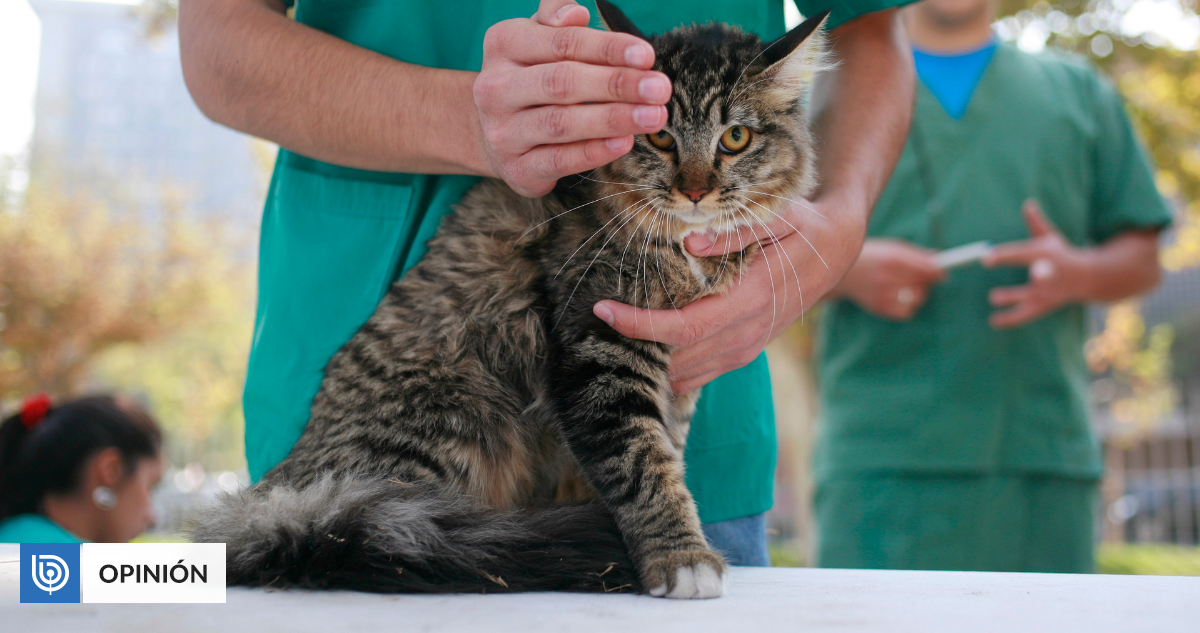The application of vaccines to animals of high reproductive value or in danger of extinction that are in zoos, is a preventive measure that, if successful, will provide another way of protecting valuable animals and humans.
–
Shortly after the appearance of pneumonia cases associated with SARS-CoV-2 at the end of 2019, it was suggested that the virus had its origin in the interaction between humans and animals, which is known as a zoonosis.
Animals such as tigers, cats, minks, primates and rodents have shown susceptibility to covid-19 infection and can act as reservoirs, an animal species that harbors a pathogen chronically, perpetuating the risk of zoonosis and contagion.
In this sense, efforts to control and eventually eradicate SARS-CoV-2 will be harmed if there are reservoirs that keep the virus in contact with humans.
The more the virus is allowed to spread, the more complex it will be to control and highly lethal variants may emerge.
To clarify this last point, it is important to mention that the coronavirus changes to stay in the environment. If it does not change, the immune system of the affected species eliminates it. This process is called evolution and ensures the appearance of new variants of SARS-CoV-2 as long as there are infections.
The alleged role of mice in the emergence of the Omicron variant is a good example of the importance of considering the health of humanity linked to the health of the surrounding animal species and the environment, a concept known as One Health. or One Health.
Genetic sequence analysis of the Ómicron variant suggests that a strain of covid-19 infected mice, which replicated and mutated the virus, and then re-infected humans.
It is therefore natural to make efforts to minimize SARS-CoV-2 infections between humans and different species.
One form of protection is vaccines, and in this sense – being a pioneer in Latin America – Buin Zoo is carrying out an inoculation program using an experimental vaccine developed in San Diego, United States, by the company Zoetis.
The application of vaccines to animals of high reproductive value or in danger of extinction that are in zoos, is a preventive measure that, if successful, will provide another way of protecting valuable animals and humans.
In addition, it allows the study of the duration of protection conferred by vaccines against SARS-CoV-2 in animals.
Finally, it is possible that in the not too distant future, vaccines against the virus will have to be applied massively to companion or production animals.
Ramón Zegpi, academic School of Veterinary Medicine University of the Americas.
–


